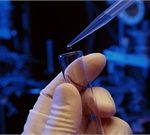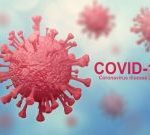
Black people who have a strong sense of psychological well-being may have better heart health, a new study indicates. It suggests that feelings of optimism and a sense of purpose and control — hallmarks of psychosocial resilience — are more important to heart health than where people live, researchers said. Lead researcher Tené Lewis, an associate professor at Emory University’s Rollins School of Public Health in Atlanta, noted that differences in heart health between Black and white Americans have been documented for decades. But individual factors affecting Black Americans have not been well understood. “Almost everything we know about Black Americans and their health focuses on deficits, yet we really need to begin to identify strengths,” she said. “Understanding which strengths matter most for Black Americans — and under which contexts — will allow us to develop the most appropriate and applicable public health interventions for this group.” For the study, the researchers recruited nearly 400 Black volunteers between the ages of 30 and 70. They investigated whether the American Heart Association’s Life’s Simple 7 metrics were linked to better heart health among them. The seven measures include smoking, physical activity, diet, weight, blood sugar, cholesterol and blood pressure. Participants also completed standard questionnaires gauging their psychosocial health. This information was then compared with neighborhood data on heart disease and stroke and death rates. In… read on >
























-300x200.jpg)










